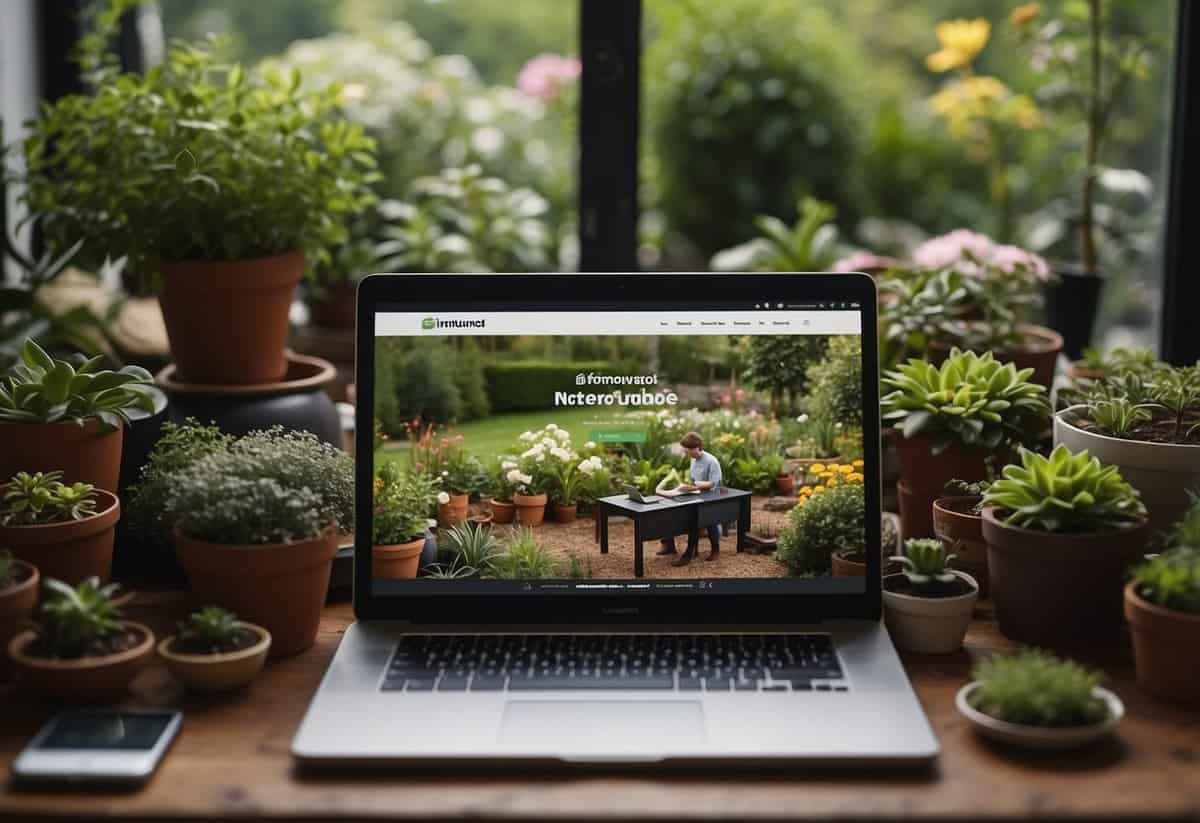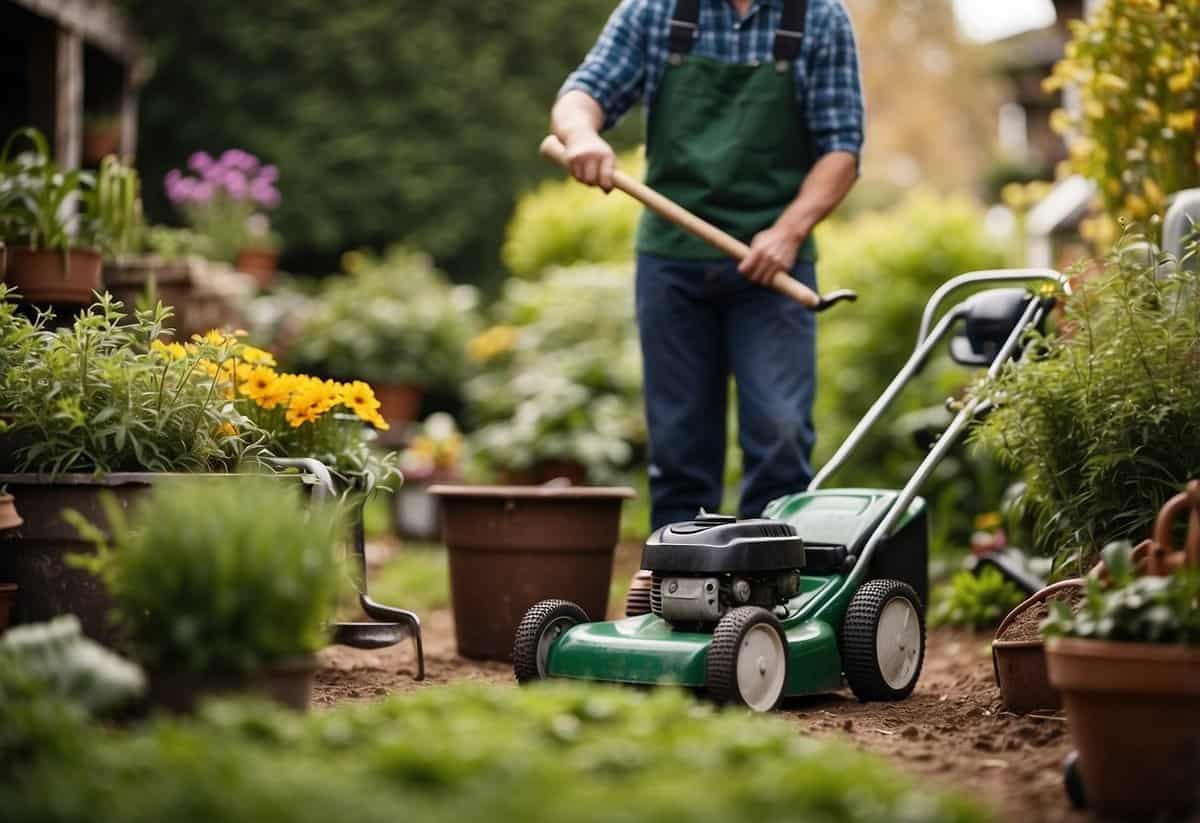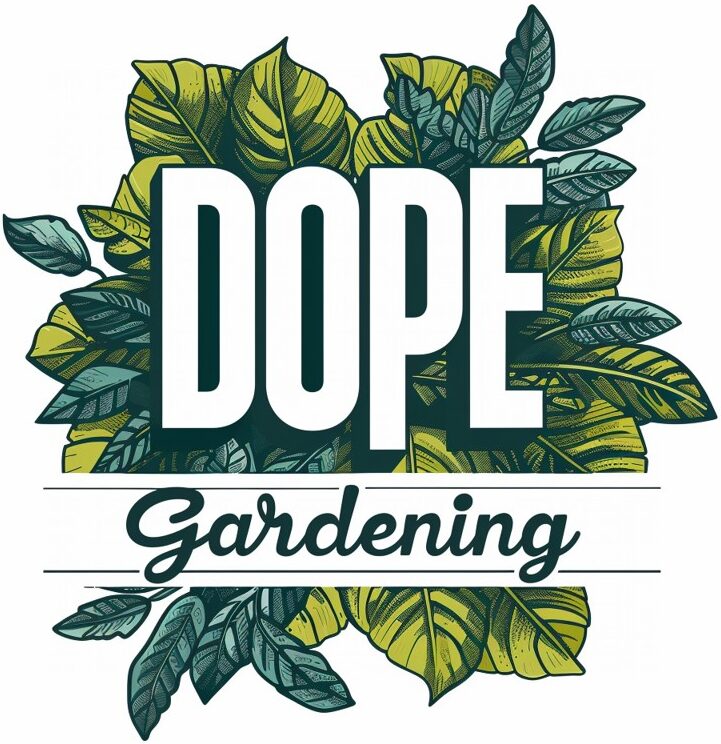What Insurance Does a Self-Employed Gardener Need? Essential Tips and Advice
Becoming a self-employed gardener comes with many rewards, but also some risks. To protect your business and livelihood, you need various types of insurance. This includes public liability insurance, which protects you from claims made by clients or third parties for injury or damage related to your services.

Besides public liability insurance, consider getting tools and equipment insurance to cover the cost of replacing or repairing your work tools. Additionally, having insurance for personal accidents and illness can ensure you have an income if you’re unable to work due to health issues. By covering these bases, you’ll have peace of mind and can focus on growing your gardening business.
Knowing what insurance you need is crucial for any self-employed gardener. Check out this guide to help you decide on the best policies tailored for your specific needs. Keep your business protected so you can enjoy the fruits of your labor without worrying about unexpected setbacks.
Understanding the Basics of Gardener Insurance

As a self-employed gardener, having the right insurance is crucial to protect you and your business. This section will cover what business insurance is and the key types of insurance you might need.
What Is Business Insurance?
Business insurance provides coverage for risks that might occur while running your business. This can include accidents, damages, or losses you might encounter during your work. This type of insurance can help cover the costs associated with these events, preventing financial strain.
For self-employed gardeners, having insurance means you won’t be left paying out of pocket for injuries or damages that happen on the job. This insurance can cover everything from your tools and equipment to legal fees if a client sues you.
Key Insurance Types for Gardeners
There are several types of insurance that are important for gardeners. Each type covers different aspects of your business:
-
General Liability Insurance: This covers damages or injuries that occur on your job site. If a client trips over your tools and gets hurt, this insurance can help cover medical costs.
-
Public Liability Insurance: Similar to general liability, but more focused on injuries or damages to the public. This is important if your work impacts public spaces or people.
-
Professional Indemnity Insurance: This protects you in case a client claims you did a bad job. If a planting job goes wrong and the client sues, this insurance helps cover legal costs.
-
Employers’ Liability Insurance: If you hire employees, you are legally required to have this. It covers your workers if they get injured or sick because of their job.
Each type of insurance plays a specific role in protecting your business. Combining them ensures you are well-covered for various scenarios that can arise in gardening work.
Essential Insurance Policies for Gardeners

As a self-employed gardener, it’s important to have insurance to protect yourself, your business, and your equipment. Here are key insurance policies that can help you stay covered.
General Liability Insurance Coverage
General liability insurance is crucial. It protects you if someone gets injured while you’re working on their property. This coverage also helps if you accidentally damage something. For instance, if a stone from your lawnmower breaks a window, this insurance covers the repair costs.
This type of insurance often includes public liability, which covers claims from the public. The cost for this insurance ranges from $300 to $800 annually, with coverage limits typically up to $1 million. This is especially important for protecting yourself from big financial hits.
Tools and Equipment Insurance
Your tools and equipment are essential to your work. Tools and equipment insurance covers these items if they are stolen, damaged, or lost. This includes everything from lawnmowers to pruning shears. It’s particularly valuable if your tools are high-end or customized.
The annual premium for this type of insurance can be between $150 and $500, depending on the value of your equipment. Having this coverage ensures that you can quickly replace what you need without a huge out-of-pocket expense, keeping your business running smoothly.
Professional Liability: Protecting Your Services
Professional liability insurance protects you against claims of negligence, errors, or omissions in the services you provide. If a client is unhappy with your work and claims it caused them a loss, this insurance can cover legal fees and any settlements.
For example, if a client believes their garden was ruined by your actions and sues, this insurance helps manage the costs. Premiums for this insurance generally range from $500 to $1,000 per year, with coverage limits often starting at $100,000. This ensures that you can focus on your work without worrying about potential lawsuits.
Additional Coverage Options

When running a gardening business, it’s crucial to consider a variety of insurance options to protect yourself and your business assets. Details about commercial property and auto insurance, umbrella policies for extra coverage, and specialized insurance based on your specific gardening services will help ensure you are fully protected.
Commercial Property and Auto Insurance
Commercial property insurance is essential to protect your business’s physical assets. This includes your tools, equipment, and any greenhouses or storage buildings you use. If these items are damaged or stolen, commercial property insurance can help cover the cost of repair or replacement.
Vehicle insurance is another important consideration. If you use a truck or van for your business, you’ll need commercial auto insurance. This type of policy covers damages or liability arising from accidents involving your business vehicle. Regular auto insurance is not sufficient for business use, so it’s crucial to get the right coverage.
Umbrella Policies for Extra Protection
An umbrella insurance policy provides additional liability coverage beyond your standard policies. For example, if a claim exceeds the limits of your general liability or auto policy, an umbrella policy kicks in to cover the extra costs. This can be especially useful if you face a large lawsuit or significant damages.
Umbrella insurance also often covers things that your standard policies might not, offering broader protection. This makes it a good option if your gardening business involves higher-risk activities or if you want peace of mind knowing you’re protected from larger, unexpected financial burdens.
Specialized Insurance Based on Gardening Services
Depending on your specific gardening services, you might need specialized insurance. Inland marine insurance can protect tools and equipment that are transported from one job site to another, ensuring they are covered even when away from your main property. This is particularly important for lawn care businesses that rely on traveling between multiple locations.
You might also consider lawn care business insurance, which often includes coverage tailored specifically to the unique risks associated with lawn care and gardening services. This could include coverage for damage caused by pesticides or herbicides, or injury to employees while they are on the job.
By understanding these additional coverage options, you can better protect your business from potential risks and ensure smoother operations.
Understanding Policy Details

When getting insurance as a self-employed gardener, it’s important to understand the details of your policy. This includes knowing about costs, what’s covered, what’s not, and if you need extra coverage.
Insurance Costs and Factors Affecting Premiums
Insurance costs can vary. Your premiums can range from $3,000 to $5,000 annually for standard coverage. Factors that affect your premiums include the size of your business, the type of services you offer, and your location.
- Business Size: Larger businesses with more employees may pay higher premiums.
- Services: Offering high-risk services like tree trimming can increase costs.
- Location: Operating in areas with higher crime rates can also raise your premiums.
Understanding these factors will help you budget better and find the right policy for your needs.
Deductibles, Exclusions, and Coverage Limits
Your policy will have deductibles, exclusions, and coverage limits that you need to be aware of.
- Deductibles: This is the amount you pay out of pocket before your insurance kicks in. For example, you might have a $500 deductible.
- Exclusions: These are specific things your policy doesn’t cover. Always read the fine print to know what’s excluded.
- Coverage Limits: This is the maximum amount your insurance will pay for a claim. For instance, your coverage limit might be $100,000 for certain incidents.
Knowing these details ensures you’re not caught off guard in the event of a claim.
Evaluating the Need for Additional Coverage
Sometimes, basic coverage isn’t enough. You might need additional coverage like commercial umbrella insurance or tools and equipment coverage.
- Commercial Umbrella Insurance: This offers extra liability protection. If your regular policy’s limit is reached, this kicks in. Premiums for this can range from $300 to $800 annually.
- Tools and Equipment Coverage: Protects your valuable tools and machinery. Loss or damage to essential tools can significantly impact your business.
Evaluating your needs helps you decide if extra coverage is worth the additional cost.
By focusing on these key policy details, you can make an informed decision and choose the best insurance for your gardening business.
Choosing the Right Insurance Provider

Finding the best insurance provider for your gardening business involves comparing different packages, using insurance brokers, and understanding the differences between coverage options for landscapers and lawn care companies. This helps ensure you get the right coverage for your specific needs.
Comparing Different Gardener Insurance Packages
When looking at different insurance packages for gardeners, focus on what each package covers. Several key coverages are important:
- Public Liability Insurance: This covers you if your work causes injury or damage to a third party. It’s vital for any gardener.
- Employers’ Liability Insurance: If you have employees, this insurance is legally required and covers any claims from employees getting injured or ill while working.
- Tools and Equipment Insurance: This protects your gardening tools and equipment against theft or damage.
- Professional Indemnity Insurance: It covers legal costs and claims if your advice causes a client financial loss.
Look for insurance providers that offer flexible packages tailored to your needs. You can find more details on gardener insurance packages at ProfitableVenture.com.
The Role of an Insurance Broker
An insurance broker can help you navigate the complexities of small business insurance. Brokers do not work for insurance companies. Instead, they represent your interests and work to get you the best deal possible.
- Expert Advice: Brokers have extensive knowledge of the market. They can advise you on the right type of coverage and identify any gaps in your existing insurance.
- Time-Saving: Instead of comparing multiple providers yourself, a broker can handle this for you and present the best options.
- Claims Assistance: In case of a claim, brokers can help you manage the process smoothly.
Using an insurance broker ensures you have the right coverage for your gardening business, especially if you are new to insurance or find it confusing.
Insurance for Landscapers vs. Lawn Care Companies
Landscapers and lawn care companies often have different insurance needs due to the nature of their work.
-
Landscapers: They usually work on larger projects and may need more specialized coverage, like Professional Indemnity Insurance for design work. General Liability Insurance is also crucial.
-
Lawn Care Companies: These businesses often focus on maintenance and smaller-scale projects. They may prioritize Public Liability Insurance and Equipment Insurance since they operate more locally and may handle multiple clients in a day.
Tailoring your insurance to fit the specific needs of your business type ensures you are adequately covered. For more details on insurance for landscapers, check Otterstedt.com.







